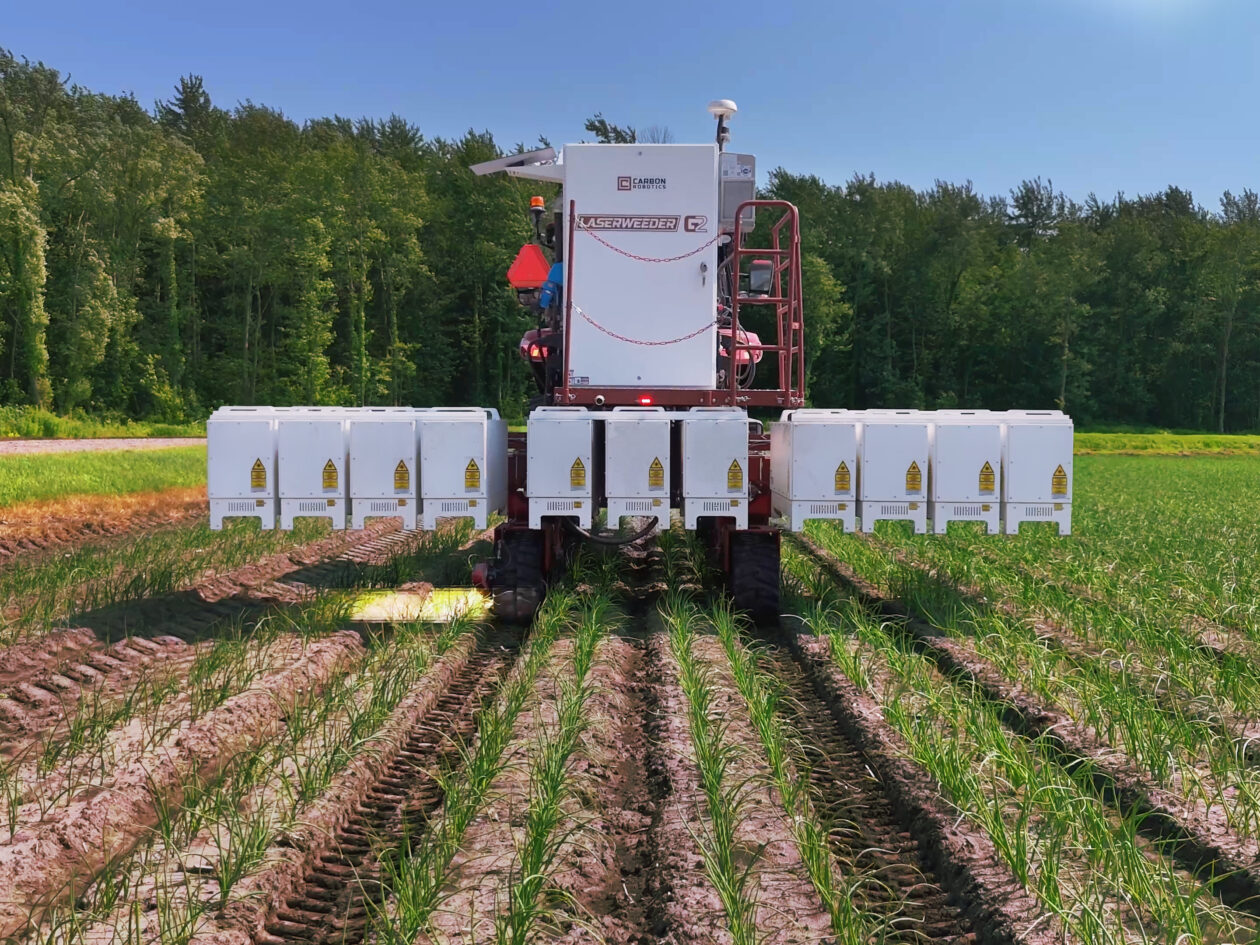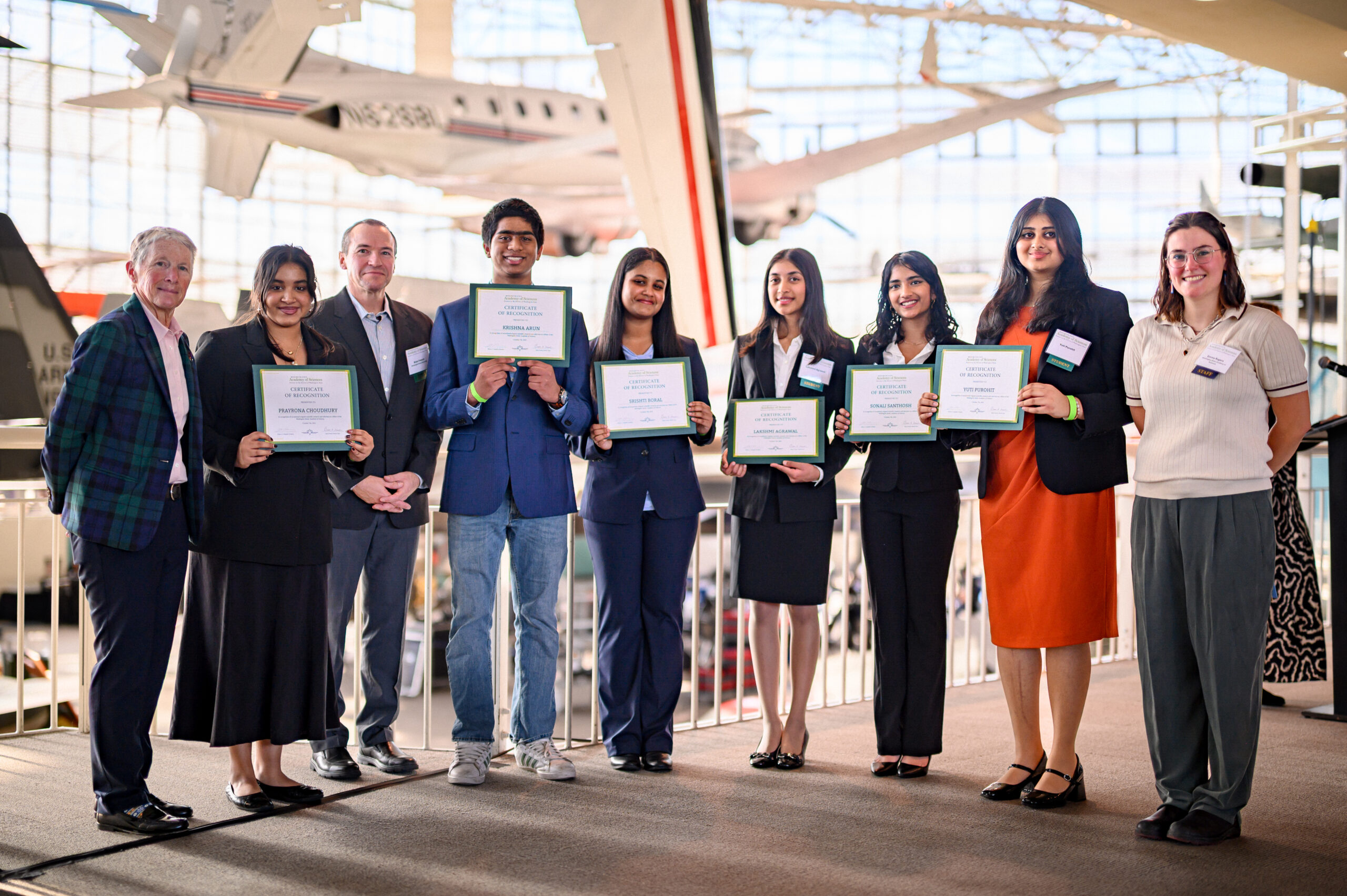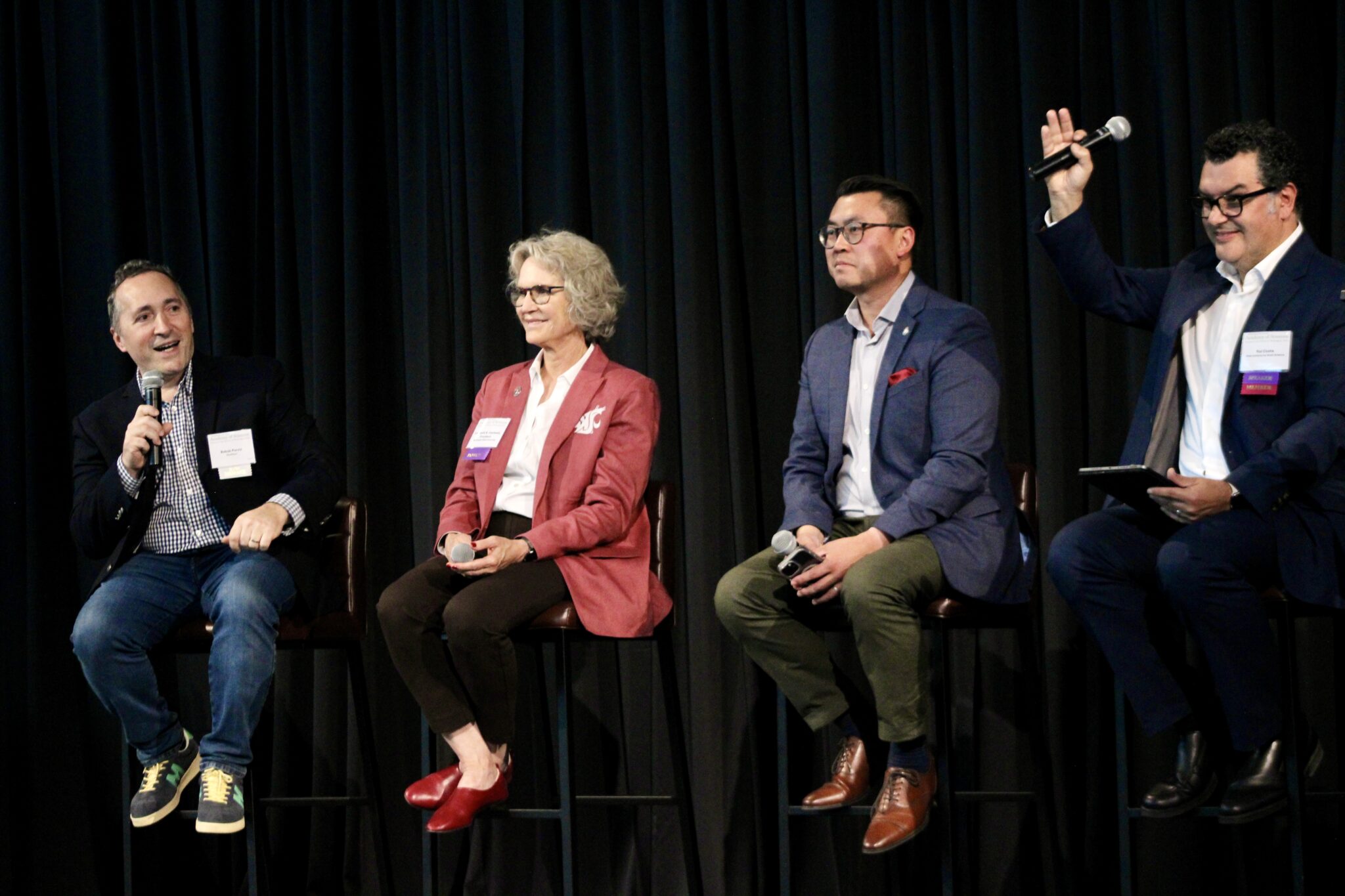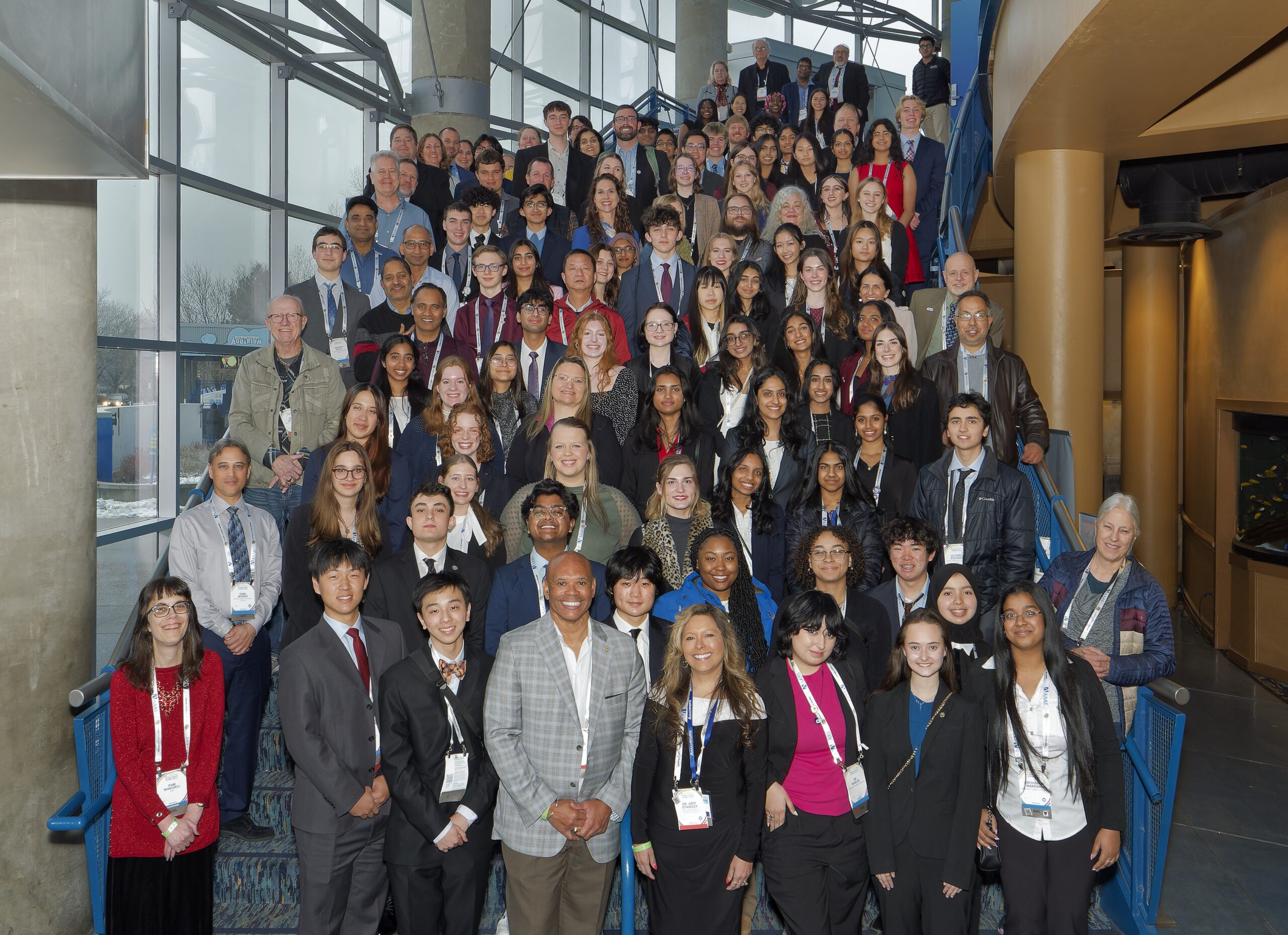
This past February, 11 high school students from across Washington State traveled to Denver, Colorado to be inducted into the American Junior Academy of Science (AJAS). These students joined roughly 110 of the nation’s most promising scientists from 21 other states. Students were selected based on the outstanding original research they conducted while in high school.
“These students are remarkable and display such creativity, passion and curiosity when it comes to science,” said Gary Foss, who serves as an external expert on the Washington State Academy of Sciences (WSAS) Education Committee. For the past 13 years Foss has accompanied Washington State delegates to the annual AJAS conference. “In a complex world with countless challenges and opportunities, these students reassure me that the future is in good hands.”
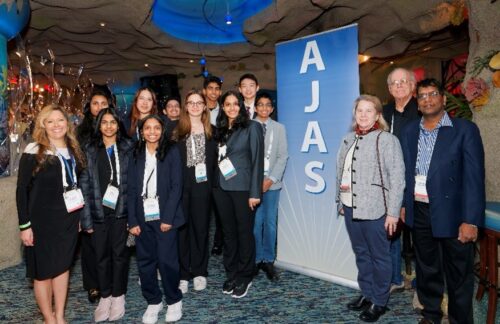
In addition to being exceptional young scientists, this year’s Washington State delegates have also made impressive contributions to their communities and received other prestigious accolades. For example, one student co-founded a non-profit to teach elementary students math, chemistry, biology, and physics in a unique way, benefiting 1,500 students across 60 schools. Another student raised $10,000 and delivered free bicycles to rural inhabitants of Zambia. One student is one of only a few female Eagle Scouts in Washington State. Another was selected as a UPMC Hillman Academy Scholar. And yet another was named one of 25 “Prudential Emerging Visionaries” for 2023.
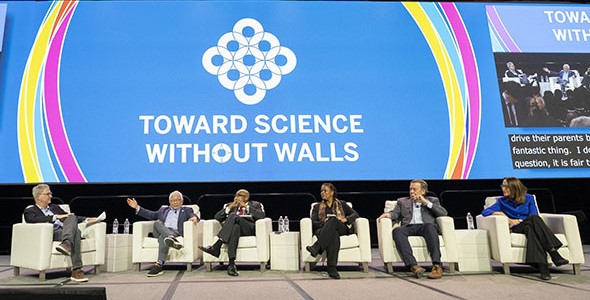
The AJAS induction ceremony and conference were held in conjunction with the 190th meeting of the American Association for the Advancement of Science (AAAS), whose theme, “Towards Science Without Walls”, explored the consequences of barriers that fragment the scientific community by discipline, approach, and institution. AJAS’s mission is to introduce, encourage and accelerate pre-college students into the world of science, engineering and technology by enabling their participation in the social, cultural and scientific activities of AAAS’s annual meeting. AJAS delegates heard from a number of distinguished scientists including AAAS President Dr. Keith Yamamoto and Nobel Prize winner Dr. Thomas Cech, shared their research with their peers and other scientists and learned broadly about current scientific challenges. Students also attended AJAS’s beloved “Breakfast with Scientists” event, which provides students with the opportunity to connect one-on-one with established scientists about their work and career.
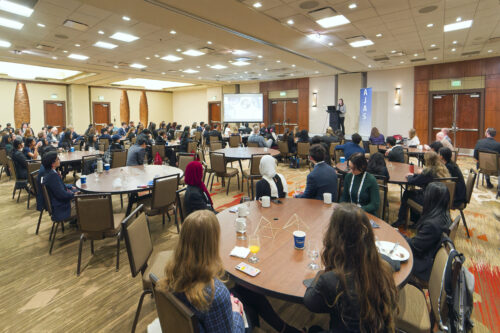
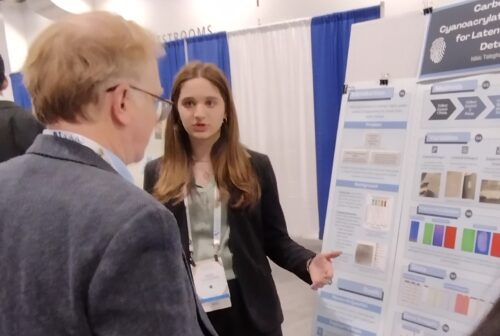
Many students shared that they found the experience to be very valuable and in particular appreciated the opportunity to meet other young scientists with similar interests.
Being part of the AJAS ‘24 cohort meant a lot to me and my research. Before the experience I did not know many people passionate about my research subject of Biomedical Engineering nor people who knew what science fair or research was. I was the only person from my school who would engage in science fair research.
Having the opportunity to go to the American Junior Academy of Science was one of the best experiences of my life. I met so many cool, like-minded people with the same passion for STEM and innovation as I did and made life-long friends, many of whom I’m still in contact with today. I was able to visit new places and learn about other opportunities I never would’ve had the chance to if not for AJAS, and I widened my horizons. It was especially special to be able to present my project to a receptive and supportive audience, encouraging me to continue my journey in STEM engineering and research.
The AJAS conference was valuable to me as it offered a platform to showcase my research on Democratizing Produce Waste using Hyperspectral Imaging. Meeting with experts and fellow researchers provided me with insightful feedback and also opened avenues for connections down the line. AJAS was the first science conference I’ve attended and it taught me so much and set me up for future research I wish to conduct.
AJAS is a program of the National Association of Academies of Science (NAAS), a non-profit organization whose mission is to promote the scientific and science education goals of state, regional and municipal academies of science. NAAS consists of 47 state and regional academies of science, which are organized to encourage all facets of scientific inquiry and experiences. AJAS delegates are selected by each state’s Academy of Science. Selection as an AJAS delegate is one of the highest honors that rising scientists in America’s high schools can receive.
The WSAS Education Committee selects delegates to represent Washington state out of an exceptional pool of candidates nominated by the directors of science fair competitions in the state. Science competitions incentivize students to immerse themselves in science research and engineering and provide a mechanism through which to identify talented students interested in pursuing STEM careers.
This program is supported by the generosity of numerous sponsors and individual donors. We are grateful to this year’s sponsors, the Hoveida Family Foundation and the Mark Torrance Foundation, as well as to the many individual donors who support our work. You can support future AJAS delegates by donating here.
Related Posts
January 23, 2026
A new initiative from the Washington State Academy of Sciences called Growing with AI will bring together the state’s tech giants and diverse farming community to tackle pressing challenges in the agriculture industry.
October 28, 2025
WAJAS is a WSAS program recognizing exceptional high school students from across the state for outstanding original scientific research and offering opportunities to connect with the research community in Washington and beyond. Fellows were publicly honored alongside Washington's top researchers at the WSAS 20th Anniversary Celebration on October 7.
October 14, 2025
Amid political polarization and uncertain federal research policy, Washington leaders are betting on stability through a unique innovation ecosystem rooted in the state’s institutions and businesses. That was a theme at the 20th anniversary celebration of the Washington State Academy of Sciences, held Tuesday evening at Seattle’s Museum of Flight.
